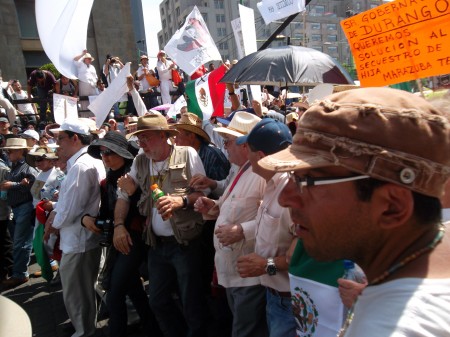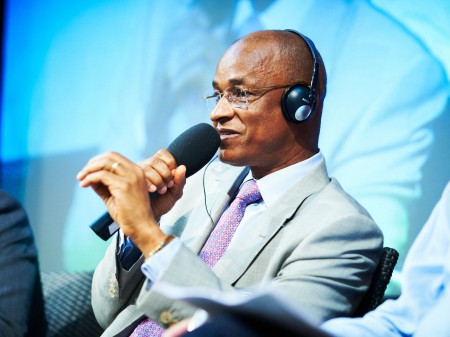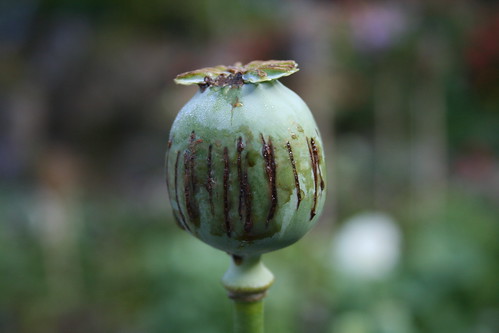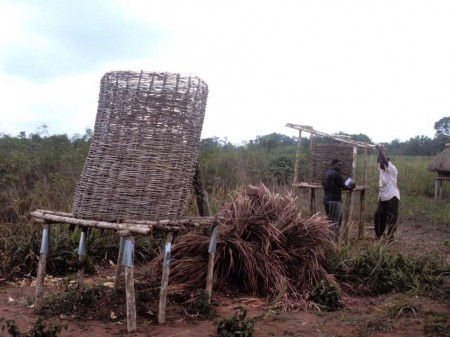
Buenos Aires, 5 November 2013 (IRIN) – In Latin America, where violent crime rates are six times higher than in any other region and where most residents have reported distrust in the state’s ability to fight crime, a number of communities have taken to social media to boost security, say analysts.
“Violent crime in Latin America undermines the social fabric of communities [and poses] a major human security threat to populations who live in slum areas,” said Vanda Felbab-Brown, a senior fellow at the Brookings Institution, a US-based non-profit security policy group.
Violent crime has soared in the past decade with murder rates for Latin and Central America four times the global average in 2011, at 29 per 100,000 people, according to a 2013 UN Development Programme (UNDP) report.
In parallel, internet access in Latin America has multiplied thirteenfold in the past decade, providing communities with an alternative way to report crimes in near anonymity, share information on violence hotspots, mobilize community policing and organize protests calling for greater security.




